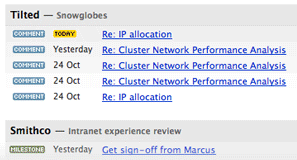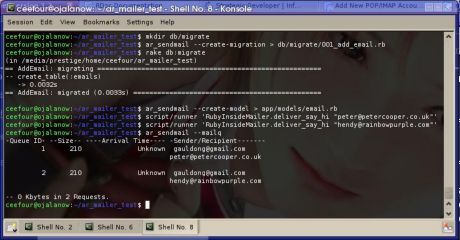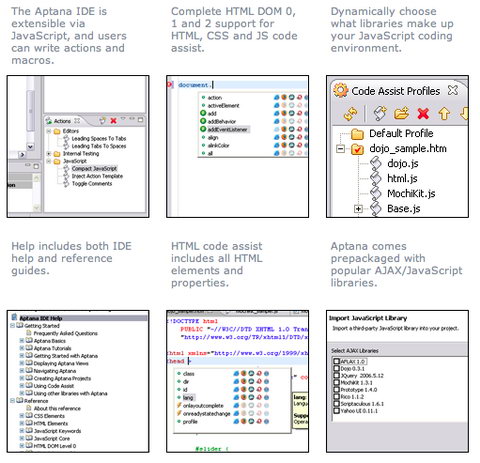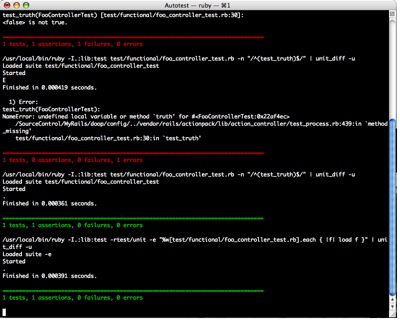(English translation of the text below follows)
Situs Resmi Ruby Indonesia telah diluncurkan. Jadi sekarang telah tersedia 9 terjemahan dalam situs web Ruby, belum termasuk beberapa lagi yang masih dalam pengerjaan.
Programmer Indonesia yang menyukai Ruby semakin banyak, berdiskusi menggunakan wadah milis id-ruby, yang sekarang sudah semakin ramai.
Adanya situs ini diharapkan dapat semakin membantu kemajuan Ruby dan teknologi di tanah air tercinta. Selain berisi materi yang terdapat di situs Ruby versi Inggris, situs ini juga menyediakan materi-materi yang spesifik terhadap komunitas Ruby di Indonesia.
Tim pelaksana proyek ini terdiri dari Arie Kusuma Atmaja, Yohanes Santoso, dan Hendy Irawan. Read More



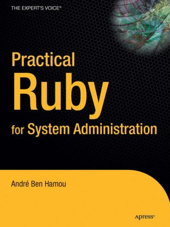
 In this book you’ll see why Ruby’s flexibility, superb feature set, and gentle learning curve make it a natural choice for system administration tasks, from the humblest server to the largest enterprise deployment.
In this book you’ll see why Ruby’s flexibility, superb feature set, and gentle learning curve make it a natural choice for system administration tasks, from the humblest server to the largest enterprise deployment.



